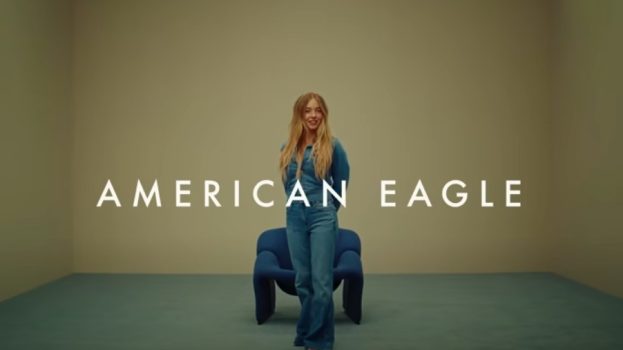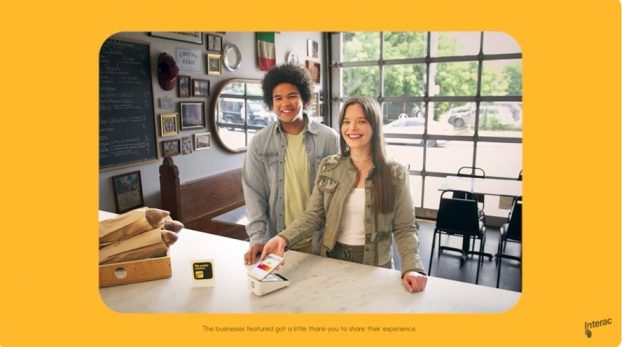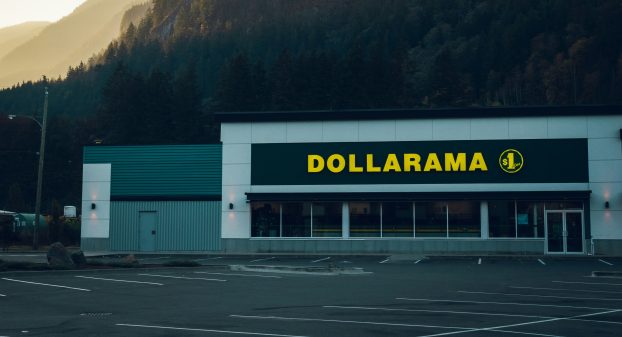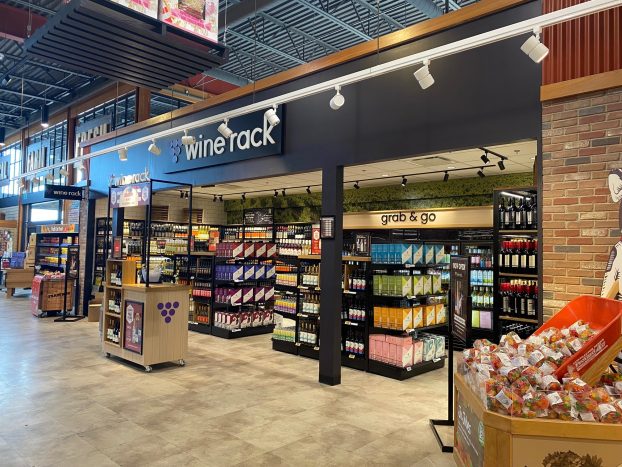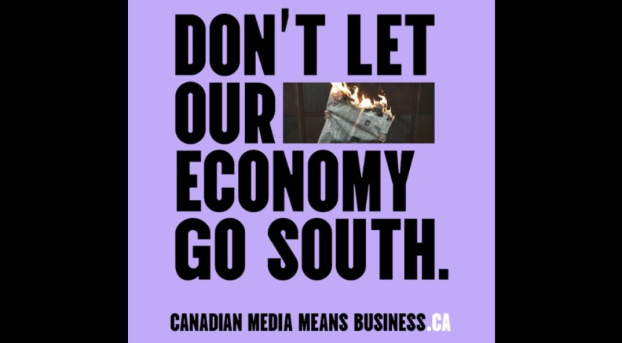Retailer of Distinction: Provigo
Reason: Advertising
Provigo, the second-largest supermarket chain in Quebec with 216 stores, uses ‘slice-of-life’ advertising to differentiate itself from its competition, says Barbara Thompson, the company’s director of advertising and promotion.
Thompson describes the company’s television commercials as ‘innovative, soft, and respectful of the consumer.’
‘Our advertising talks to the new consumer, the new working woman, with children,’ she says. ‘This woman is modern, active, working, struggling to make everything work at the same time.
‘And the message we want to send is that we understand her needs and her problems and we will try to respond to them as best we can.’
‘Over the past 12 years, we have used different campaigns, but the tone has always been very high standard. Very classy.’
Q. In what order of importance do you place the following categories: merchandising trade and supplier relations product innovation customer service advertising database marketing and staff relations.
A. Customer service, merchandising, advertising, staff relations, product innovation, trade and supplier relations, and, finally, database marketing.
Customer service comes first because it’s what we want to be, what we want to project and what we’re working on. We always have the consumer in mind.
Q. From where do you get your inspiration?
A. From our consumers. We do extensive research with the consumer. We do focus groups, we have store visits. Last year, we had a bus full of consumers, representative of the public and took them on store visits.
We asked them what they liked and what they didn’t like, what was practical for them, what wasn’t, and from that, we picked up a lot of ideas.
As for the creative, you’d better ask [Provigo’s Montreal-based advertising agency] Cossette
[-Communication-Marketing]. But our briefings are always given in the context of the latest things consumers tell us, and, of course, what we can deliver.
Q. In your opinion, what have been the most startling changes in retail over the past couple of years?
A. There are two factors. The first one is the consciousness of prices by consumers. The other thing is the introduction of new store formats, such as warehouse clubs.
In Quebec, we don’t have as many large surfaces as you do in Ontario. We still have many small stores, and twice as many stores overall.
This is really going to be the major change in the next five to 10 years. We plan a rationalization of stores, maybe around 40% in the next few years, with larger surfaces and more everyday low prices.
[Provigo parent company] Provigo Distribution already has an everyday low price, large banner [Maxi,] which is doing tremendously well and expanding.
As far as Provigo is concerned, we’ll have fewer stores, we will rationalize about 25%, but they will be more defined, more uniform stores.
Q. What trends can you see on the horizon that will most affect your business?
A. We can see two trends. One is due to an aging population, plus there are more consumers who have less time to shop. These people are going to need a traditional banner, like Provigo, with lots of personalized service, a lot more than we’re offering now.
The second trend is that there is no more money in the system, and we are not out of the recession. This calls for larger surfaces with an everyday low-price strategy.
Q. What qualities does one need to stay ahead of the pack?
A. An ability to listen to consumers and to your employees. And an ability to recognize and analyze the trends. You also need to take risks, be innovative. If you do all of that, you should do pretty well.
Q. How do you stay on top of your concept?
A. Retailing in general is an everyday battle. We question ourselves every hour. But we also look in the long term at the whole network.
Of course, we are planning ahead and have a pretty good idea where Provigo will be in the next five years. I’d say we engage in both long-term planning and everyday reaction to the market. It’s a mix of the two.
Research is our most important tool. But the food business is composed of people with lots of experience. In that respect, gut feeling is also very important.
Q. Tell us how the recession has affected your business.
A. It has affected us a lot. The average transaction has decreased by about $2. The consumer is changing his habits. He is buying cheaper products, different cuts in meat. He’s really watching and shopping for bargains.
I think that when the recession has lifted, he’s going to come back a little bit, but, in general, this consciousness and care in shopping is never going to change.

